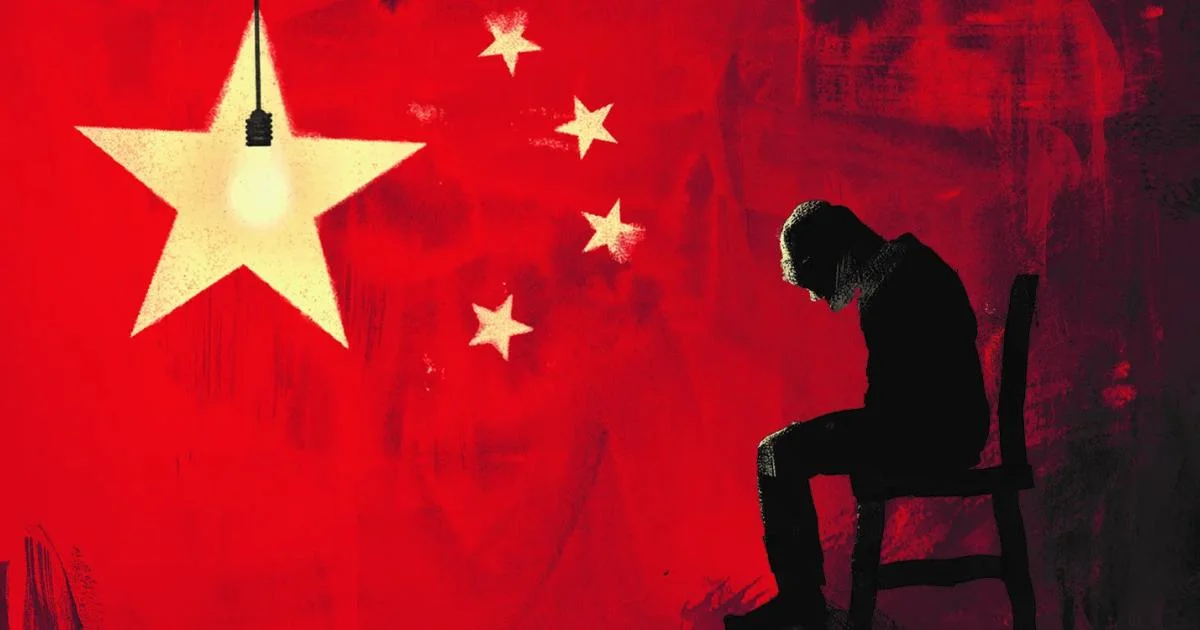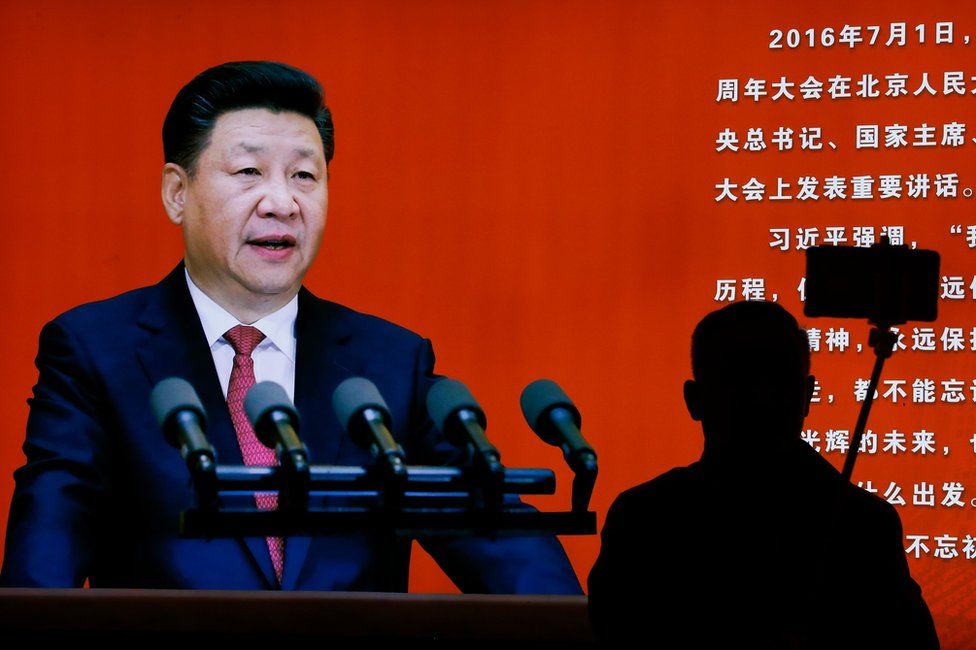News
China Punishes 207,000 Party Officials for Corruption

The Communist Party in China has reportedly examined about 5 million members for alleged corruption in the past decade, bringing charges against 207,000 ruling party members.
The Communist Party in China party boasts 96 million members and has long maintained its own internal system for keeping cadres in line by granting perks and threatening harsh punishment for accepting bribes, selling offices or abusing authority.
Xiao Pei, the deputy secretary of the party’s Committee of Discipline and Inspection, stated at a briefing held Monday on the sidelines of the party’s every five-year national congress that 207,000 party officials had received some form of punishment in the ten years since party leader Xi Jinping assumed power.
Xi Jinping is seeking a 3rd term as head of the party, government, and military has made the campaign against corruption a defining characteristic of his administration.
Xiao stated that most individuals captured by anti-corruption investigators were repeat offenders, with only 11% of those sentenced having committed their first infraction during the preceding five years.
“The spread of corruption has been firmly contained,” Xiao said, adding that “guided policies and intense pressure” had induced 80,000 party members to admit to violations willingly over the past five years.
Anti-corruption campaign in China
One of Xi’s core measures, the anti-corruption campaign, has been largely well-received by the people and has enabled him to marginalize potential opponents.
Anex’s ex-justice minister and ex-deputy public security minister were sentenced to life in prison. The death penalty was postponed last month after being found guilty of bribery and other authority violations.
Courts in China are devoted to the party and have a conviction rate of around 100 percent. After an internal investigation and expulsion from the party, even high-ranking government and military leaders can anticipate lengthy prison terms, although the death penalty has grown less common in high-profile instances.
In a speech Sunday at the opening session of the party congress, Xi, 69, underlined the party’s absolute control over Chinese politics, economy, and society.
In a televised address to over 2,000 delegates in the vast Great Hall of the People, Xi stated, “The next five years will be vital.” He regularly referenced his motto of “rejuvenation of the Chinese country,” which includes resurrecting the party’s position as an economic and social leader in a return to what Xi considers the party’s golden age following its 1949 ascension to power.
Congress will elect leaders for the subsequent five years. It is anticipated that Xi will break with precedent by granting himself a third five-year term as party general secretary and promoting allies who share his objectives.
Xi is familiar with the capriciousness of party justice from personal experience.
His father was a former vice premier and guerrilla commander during the 1949 civil war, bringing Mao Zedong’s Communists to power.
1966-1976 Cultural Revolution
Xi Jinping was expelled from his home during the 1966-1976 Cultural Revolution, which exiled intellectuals to the countryside and subjected many to public humiliation and brutal beatings in the name of class struggle. A few years later, senior Xi was arrested as Mao turned on his former comrades, and Xi Jinping was expelled from his home during the Cultural Revolution.
Later, Xi attended the prestigious Tsinghua University in Beijing and rose steadily through the bureaucracy in the provinces, becoming party secretary — the top position — in China’s largest city and financial hub, Shanghai, in 2007, after his predecessor was removed from office in a corruption scandal.
Xi assumed control of economic and military concerns and added a reference to his ideas to the party constitution alongside Mao’s name.
The “Xi Jinping Thought” emphasizes recovering the party’s mission as China’s political, economic, social, and cultural leader, as well as its fundamental role in attaining the objective of “national rejuvenation,” which is the restoration of China to a prominent place in the world.
Xi Jinping has pushed for a more dominant foreign policy and brushed aside concerns about an economy severely impacted by pandemic restrictions and a government crackdown on soaring real estate debt. The economy is expected to grow by almost half the official objective of 5.5% this year, and unemployment among new college graduates is soaring to unprecedented levels.
Despite the economic drag, the government has maintained its “zero-COVID” policy, which imposes lockdowns, travel restrictions, and near-daily testing. As COVID-19 destroyed other parts of the world, the prior method was a success.
While discontent simmers, particularly when life returns to normal in other parts of the world, few dare to voice out, and Xi has suggested that there would be no changes to health policy or other important issues soon.
The Associated Press































